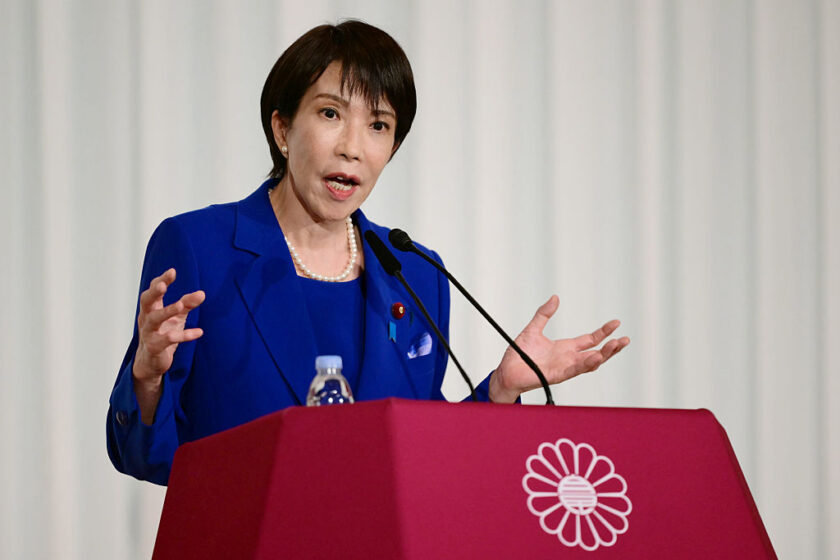India remains a ‘strong’ recipient of foreign investment, as multinationals identify it as an alternative manufacturing base for their supply chains. The United Nations said this.
New Delhi: According to the Financing for Sustainable Development – 2024 report, India is benefiting from the growing interest of multinational companies, who see the country as an alternative manufacturing base in the context of supply chain and diversification strategies of developed economies.

The report released said that in contrast to large parts of the developing world, investment in South Asia, especially India, remains strong.
Discussing India’s role as an “alternative manufacturing base” for multinational companies, the report reiterates there is no mention of China, which is the driving factor behind growth due to geopolitical issues.
The report said the developing world as a whole, unlike India and some other countries, is facing a “permanent development crisis” due to “staggering debt burdens and skyrocketing borrowing costs”.

They prevent developing countries from responding to the crises they face.” UN Deputy Secretary-General Amina J. Mohammed said, “We are truly at a crossroads and time is running out.” “We must move forward and deliver on our promises.
The 2030 (United Nations Sustainable Development) Goals cannot be met without adequate financing.” “We are facing a sustainable development crisis, to which inequalities, inflation, debt, conflict and climate disasters have contributed,” she said at a press conference following the release of the report.
Global financial institutions are no longer relevant and need urgent reform to deal with contemporary challenges. The New Development Bank (NDB), created by the BRICS, will denominate 30 per cent of its loans in national currencies between 2022 and 2026, the report said. plans to issue, including Indian rupee-denominated bonds.
The report said “urgent steps are needed to mobilize large-scale finance to close the development financing gap, which now It is estimated to reach $4.2 trillion annually, up from $2.5 trillion before the COVID-19 pandemic.” It warns, “Rising geopolitical tensions, climate disasters and global livelihood crisis could cost billions “has affected people, impacting progress on health care, education and other development goals.”









